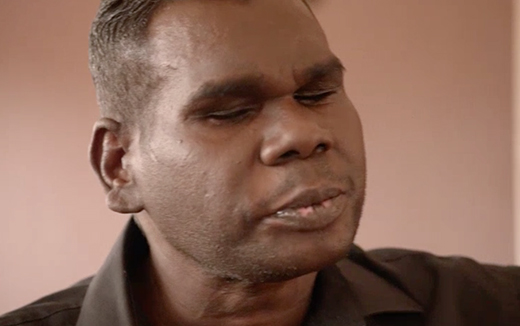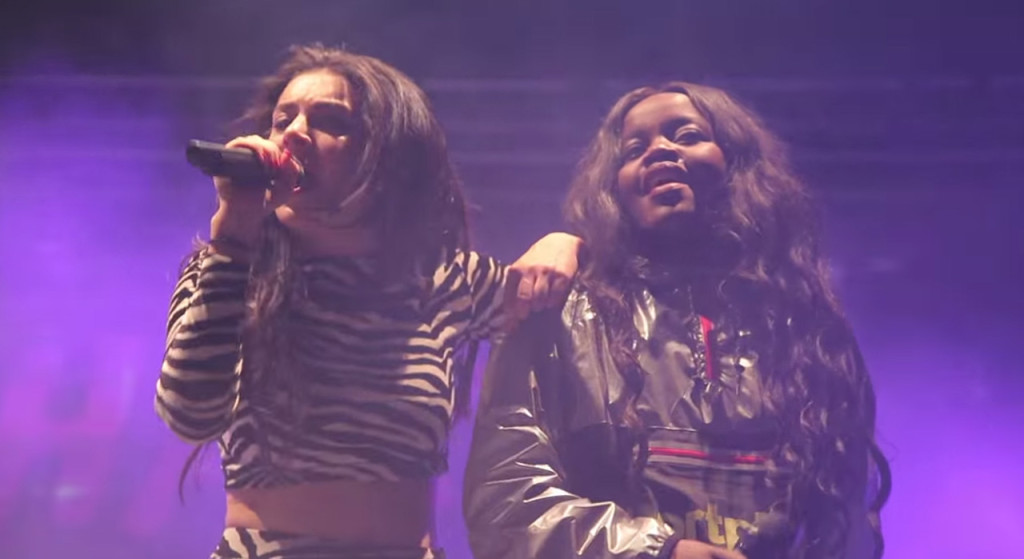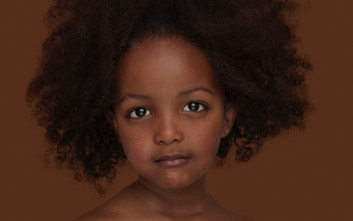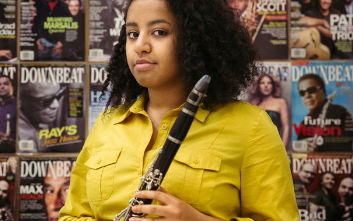If the current media landscape is to be believed there are many things that can turn an average Australian into a radical bigot. Public transport is one. Another is the perceived threat of a celebration of one’s cultural heritage during an AFL match. Despite Lee Kernaghan’s recent pissweak statement basically implying that Reclaim Australia are doing God’s work, the Australian music scene as a whole is a predominately racially inclusive and supportive environment.
Spurred on by recent events surrounding the way that ethnicity and race shapes the way we interact with each other I’ve turned my eye to the Australian music scene to see how race plays a role in the music we get to hear and the music we choose to support. So as to not waste your time I’ll omit the obvious findings like some people in Australian country music scene MIGHT be a bit racist and that the Macareena was a musical outlier that should never be repeated. What we’re left with is an analysis of the concept of race in Australian music from the eyes of a culturally blind lefty pinko. Namaste!
Racism in Australian music; does it exist unchecked in our local scene? Or is the problem something that lies beyond ethnicity?
I think the first thing to consider when looking at why anything is popular anywhere is the marketing involved. As much as we hate to admit it, every song is an advertisement for the brand of the band. Every photo you put online of your band and every status update or tweet is an attempt to sell something. Keeping that in mind let’s do a very quick musicological history lesson. There was a style of music that African American people invented called the blues. NOW! I say they invented it, because it is true they did, but the oppressive authoritarian white society that they lived in should take some credit considering they INSPIRED the African American population by actually giving them the blues. If I was a descendant of that oppressive authoritarian white society I’d be getting in contact with Marvin Gaye’s estate’s lawyers and try and chase some of that Muddy Waters and Chuck Berry dollars!
But I digress. They had this thing. And then this white guy called Elvis came along and skyrocketed it. He was young, good looking and marketable. He took what they did and made it mainstream. He was at the purest sense of the word a pop star: he didn’t play popular music, he made music popular. America in the early 1960s had a predominately white record buying public so they needed to find a figure that spoke to that white audience. They did, it worked, all involved got incredibly wealthy, Elvis ended up getting fat and died while taking a shit.
It happened again with Vanilla Ice and rap music and judging by the cyclical nature of music we’re about another 10 years off it happening again. It was easy to market Elvis; an attractive strong jawed white man playing this new exciting music that until that time was mainly African American music and was doing it in a way that appealed to the white sensibilities of the public at large. Marketing department’s dream.
Now we’ve covered that I think now would be a good time to let you know that I was encouraged (read: threatened) to write this by both my editor and the owner of Happy. While I know they both currently reside in an underground lair of demonic spires and buttresses on an island made of the corpses of interns situated in the middle of a lake made up of the tears of unpaid writers, both of them are in fact from families of immigrants. Where I’m not entirely sure, I was raised with a flowery liberal upbringing that made me immune to recognising racial attributes so I can only guess that they’re both from two different countries located somewhere West of Corby (yes of the trouser press fame) and east Loughborough.
So that is to say that their families originated from somewhere other than the quintessentially English 37 mile stretch of the A47 connecting Northamptonshire and Leicestershire. As engrained members of the music community (which includes active musician and industry and passive music consumer folks) they’re a good example of the multi-cultural patchwork that makes up this country so finely girt by sea. While we do boast a broad cultural selection of successful musicians such as Gurrumul (aka “A grant writers wet dream”), L-Fresh the Lion (actual name Sukhdeep) and Gotye (I dare you to try and spell his real name), we’re still a slave to the corporate restraints of the music industry.
This means that in theory we’re also slave to this desire to market to what is a majority white Australian music audience. In reality I don’t believe race plays a significant role in the Australian music community at all. The likes of Tkay Maidza, The Medics and Last Dinosaurs have shown that when it comes down to what is coming out of your radio, the only thing people really care about is whether it’s a banging track or not. From the back of an arena or a festival paddock can you really tell the ethnicity of the lead singer of The Temper Trap? No, all you do is just talk loudly over their set until Sweet Disposition comes on and try and drunkenly hold those opening notes until you and everyone around you is so off key that Kiri Te Kanawa rolls in her grave (Update: Kiri isn’t dead and also isn’t Australian. I still like the image I created so I didn’t edit. Not sorry.)
Where I feel there could be an argument for limited cultural expression in the Australian music scene is at the level of the taste makers. triple J most likely won’t play your traditional Peruvian pan flute band. So, as a budding pan flautist, what are your avenues for activating your potential pan flute market? Same could be said for music less extreme, more homogenous but still something that is culturally unique. Dubmarine comes to mind. Amazing QLD band, very little exposure nationally and if it wasn’t for them being on the Bigsound line-up three years in a row I wouldn’t know who they are. Bands like them might not fit the classic triple J mould and might find it hard to cut through and find their audience.
Sorry to bring it back to our freedom loving fat cousins overseas but the amazing thing about America is that you can go to a club and see a band that’s ABSOLUTE DOGSHIT play to a room of 200 people. I’m not talking “it’s not my scene” subjective dogshit, I’m talking absolutely objective “I can’t believe this is fucking music” dogshit. You’re lucky to get 200 people down to a show in Sydney even if it’s your album launch / engagement party / birthday / CWA meeting. But in the States because of the sheer population density, obscure music and obscure scenes are able to flourish.
There are enough like (read: ill) minded individuals (read: idiots) who like dogshit music to have a dogshit music scene in each city. I fear that while you see an entire range of cultural heritages covering stages across the country, they all seem to be playing variations on a theme all sanctioned by a triple J directed industry. Everyone needs a taste maker and as far as national radio networks go triple J is actually the envy of a lot of the English speaking countries around the world for what it is able to achieve and at no point am I triple J bashing; all I’m saying is that culturally we are restricted by population density not by specific racially motivated mindsets.
Bigots will be bigots and bigots need to listen to music too. Bigots also sometimes feel the need to go to festivals and go to gigs and sometimes they say bigotty stuff to people who might be bigotty or who might be offended by bigotty behaviour. This is going to happen and should happen. The musical space should be an open space for people to explore ideas, themes and points of view. Sure, in a less emotionally enlightened mindset if I had a run in with such a biggoty person at a gig I’d be more likely to call them a “ racist fuckhead” than acquiesce to the inevitability of our meeting and shrug it off as part of the musical framework of our country. But some people come from closed minded communities and it’s only when they’re confronted with new ways of thinking and the positivity it brings that they are able to make an actual change.
I personally think that Australia is a racist country. That being said I’m happy to say that we as a music community (both passive and active) as a whole are a beacon of acceptance and social change. I will concede that we do have a very culturally homogenous music environment but we’re a slave to both the marketability of the music we listen to and also the population density of what is actually a pretty small country. And if that keeps pan flute bands off my radio then maybe it’s a good thing? I don’t feel that race comes into it. I feel that we’re all in this together. Come together guys! Let’s have a sing-a-long.
In the wise words of the Grand Dragon of the Reclaim Australia movement Mr Kernaghan “Born beneath the southern cross, side by side we say with pride, he is all of them, she is all of them. They are one of us”




